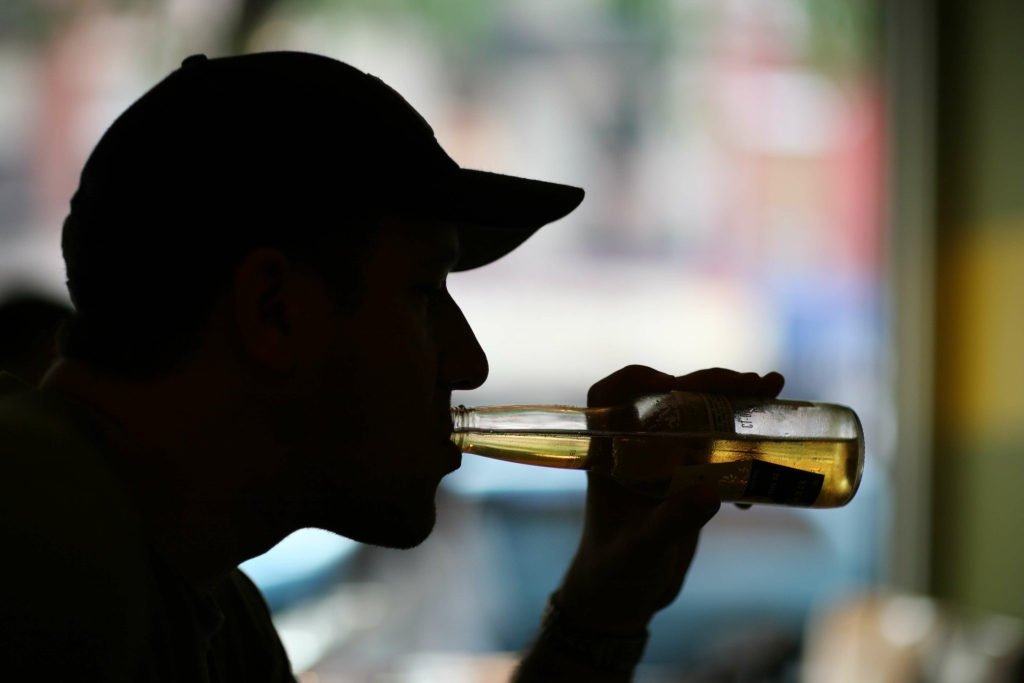Simply avoid alcohol, limit how much you drink or avoid certain types of alcoholic beverages. Because wine allergies and a sulfite sensitivity can potentially be severe, you may want to consider carrying an epinephrine autoinjector (EpiPen). This emergency https://minnesotadigest.com/top-5-advantages-of-staying-in-a-sober-living-house/ medication can be used to treat severe allergic reactions while you wait for help to arrive. It’s important to remember that very specific allergens, such as individual grape proteins, may not be available as reagents for allergy tests.
What Is Nonallergic Rhinitis?

By Elizabeth PrattPratt is a freelance medical and mental health journalist with a master’s degree in health communication. Scientists will go a long way out of their way for a funny acronym. Snatiation was first named in a tongue-in-cheek letter in the Journal of Medical Genetics.
What to expect from your doctor

You might also react to certain alcoholic beverages if you have a histamine or sulfites intolerance. In very rare cases, reactions to alcohol may be a sign of Hodgkin’s lymphoma. While just about anything can trigger an allergic reaction, some things (like a bee sting, peanuts, and certain foods) are more likely to trigger allergic reactions than Sober House others. If you have an allergy to any of the ingredients used in alcoholic beverages, you may experience more severe reactions, such as hives or a rash. Drinking alcohol can also increase your risk of developing asthma or other respiratory conditions. Histamine intolerance is a complex condition that can be caused by several different factors.
- This article provides clarity by explaining the key differences between alcohol intolerance and alcohol allergy.
- If you have an alcohol allergy, your immune system over-reacts to alcohol.
- Although you may be able to drink more alcohol, your body will still struggle to metabolize it.
- And if you have any sort of allergies, frequent alcohol consumption can worsen your symptoms.
Why do people develop an alcohol intolerance?
A true allergic reaction happens when your immune system goes into overdrive to attack something it sees as a threat. Allergic reactions can cause hives, facial swelling, nausea, and vomiting. They can also lead to life-threatening reactions like anaphylaxis. In short, there’s no way to prevent or avoid alcohol intolerance.

If you experience any symptoms after consuming alcohol, it is important to speak to a doctor to ensure your health and safety. They will be able to provide the best advice for treating any underlying medical condition. If you’re allergic to alcohol, you may experience hives, itching, swelling, difficulty breathing, and wheezing. If you experience these symptoms after drinking alcohol, you must see a doctor as you may need to be treated for an allergy.
Products & Services
Shaw says symptoms may affect the skin, breathing and circulatory system. “They may also be accompanied by a red rash, swelling to the eyes, lips, face, breathing difficulties, stomach upset, feeling dizzy or faint due to low blood pressure,” she adds. “Allergic conditions may be genetic but, can happen in people with no family history too.” An intolerance, meanwhile, is any other type of reaction to alcohol that doesn’t involve the immune system, Factor explained.
When To Call the Doctor
Ask your doctor for more information about your diagnosis and treatment options. The difference between the two has to do with how the body reacts to alcohol. People should note, however, that its authors do not propose that this means that alcohol causes allergies. Quercetin is a plant pigment that has been shown to cause sneezing in some people.
Alcohol Nasal Congestion FAQ
In addition, beer is often brewed with hops, comprising a compound called lupulin. To make a diagnosis of allergy, a healthcare provider will first take a medical history and do a physical exam. In those with a serious wine allergy, a single milliliter of alcohol can trigger a reaction.
